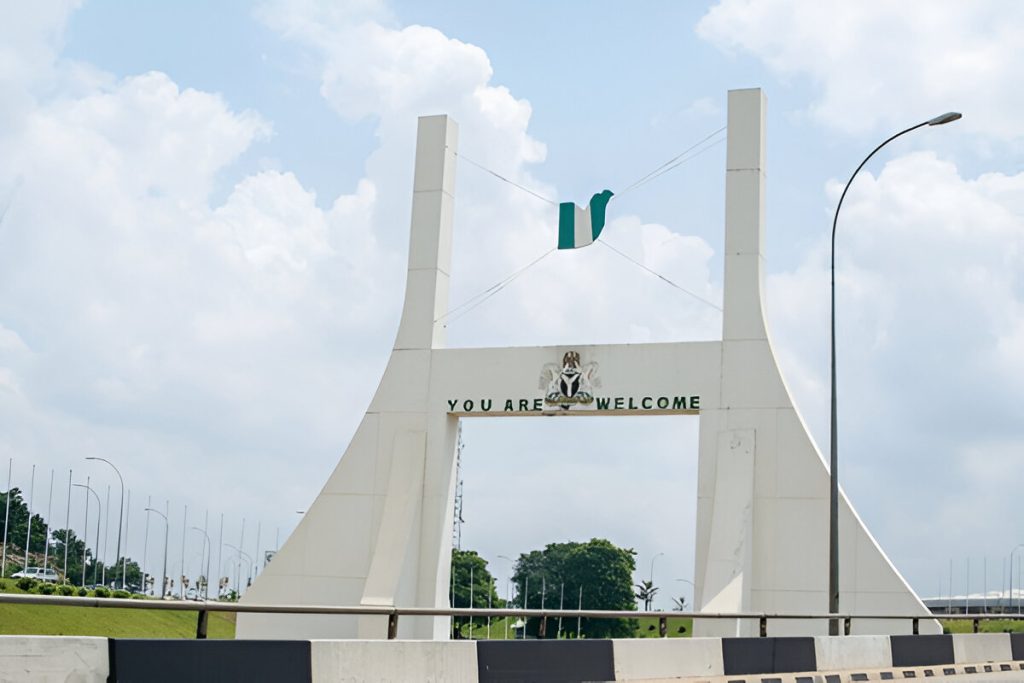“Abuja is no longer safe” — SBM Intelligence raises alarm over capital’s slide into violence

SB Morgen Intelligence (SBM) has warned that Nigeria’s capital, Abuja, is rapidly losing its reputation as a safe zone, as terrorists, gunmen, and kidnappers shift focus to the city once considered the country’s most secure.
In its latest security briefing, SBM painted a grim picture of Abuja’s deteriorating security architecture, especially in light of the shooting of a governorship candidate and a fresh wave of kidnappings in suburban areas.
“In Abuja, the shooting of PDP candidate Chief Jude Ezenwafor in Wuse 2, a secure district, points to growing political violence likely tied to the upcoming Anambra election.
“The subsequent abduction of two women in Aco Mbawpe underscores a widening security gap across both urban and peripheral zones.
According to SBM, these incidents are no longer isolated — they highlight a fundamental breakdown in both elite protection and public safety within the Federal Capital Territory.
“These incidents reveal two core weaknesses: inadequate VIP protection and growing vulnerability to opportunistic kidnapping in under-patrolled, poorly lit, and unsupervised areas,” the report reads.
“For political actors, the risk of violence may deter participation; for citizens, Abuja no longer offers reliable safety.
“The capital’s inability to prevent high-profile attacks raises serious concerns for national stability and investor confidence.”
The implications, SBM warns, go beyond day-to-day safety.
In clear terms, the firm called attention to what it describes as a deepening trust deficit in the government’s capacity to maintain order in the country’s capital—a place that houses Nigeria’s presidency, embassies, multilateral agencies, and corporate headquarters.
While Abuja has largely been insulated from the worst of Nigeria’s insurgency, SBM’s findings show that the city is now firmly in the crosshairs of armed groups, emboldened by poor surveillance and weak deterrence mechanisms.
‘MILITARY GAPS, WEAK INTEL FUEL IPOB COMEBACK IN IMO’
According to SBM Intelligence, reduced military presence and lapses in intelligence gathering are fuelling a dangerous resurgence of IPOB-linked violence in Imo State.
The firm explains that the latest attacks in Mbaitoli and Ehime Mbano LGAs suggest that insurgents are regaining operational strength in areas previously considered stabilised.
“While Imo State Police highlighted recent arrests—2,785 in six months—ongoing violence suggests persistent insecurity,” the report reads.
“This week, IPOB-linked insurgents ambushed police near Umueze Junction, Mbaitoli LGA, killing officers on duty. It marks the second such attack in Mbaitoli this year, underlining the area’s strategic value to insurgents.
“Its proximity to Owerri and access to rural roads and forests offers tactical advantages. A separate clash in Ehime Mbano—the first since 2024—signals renewed IPOB activity.
According to the firm, previous suppression efforts under Operation Udoka and local vigilance groups, such as Nsu Security Vigilance Group, had curtailed violence.
“However, reduced military presence and intelligence gaps now appear to be enabling a resurgence. To regain control, the state must reinforce troop deployments in hotspot areas, conduct targeted raids in forested zones, and reactivate community vigilance networks,” the report reads.
“Strengthened civilian-military cooperation will be critical to disrupting IPOB’s support base and preventing a return to sustained violence.”
Meanwhile, in Lagos, the firm explained that violence in Alaba market erupted following clashes between transport union gangs and supporters of a traditional ruler, resulting in a bystander’s death.
“Unlike Osun’s communal tensions, the Alaba unrest reflects the volatility of urban turf wars—driven by poor regulation, political interference, and fragmented authority.
“While rooted in different dynamics, each incident underscores the urgent need for the state to reassert control—whether through stronger policing, institutional reform, or credible dispute resolution






